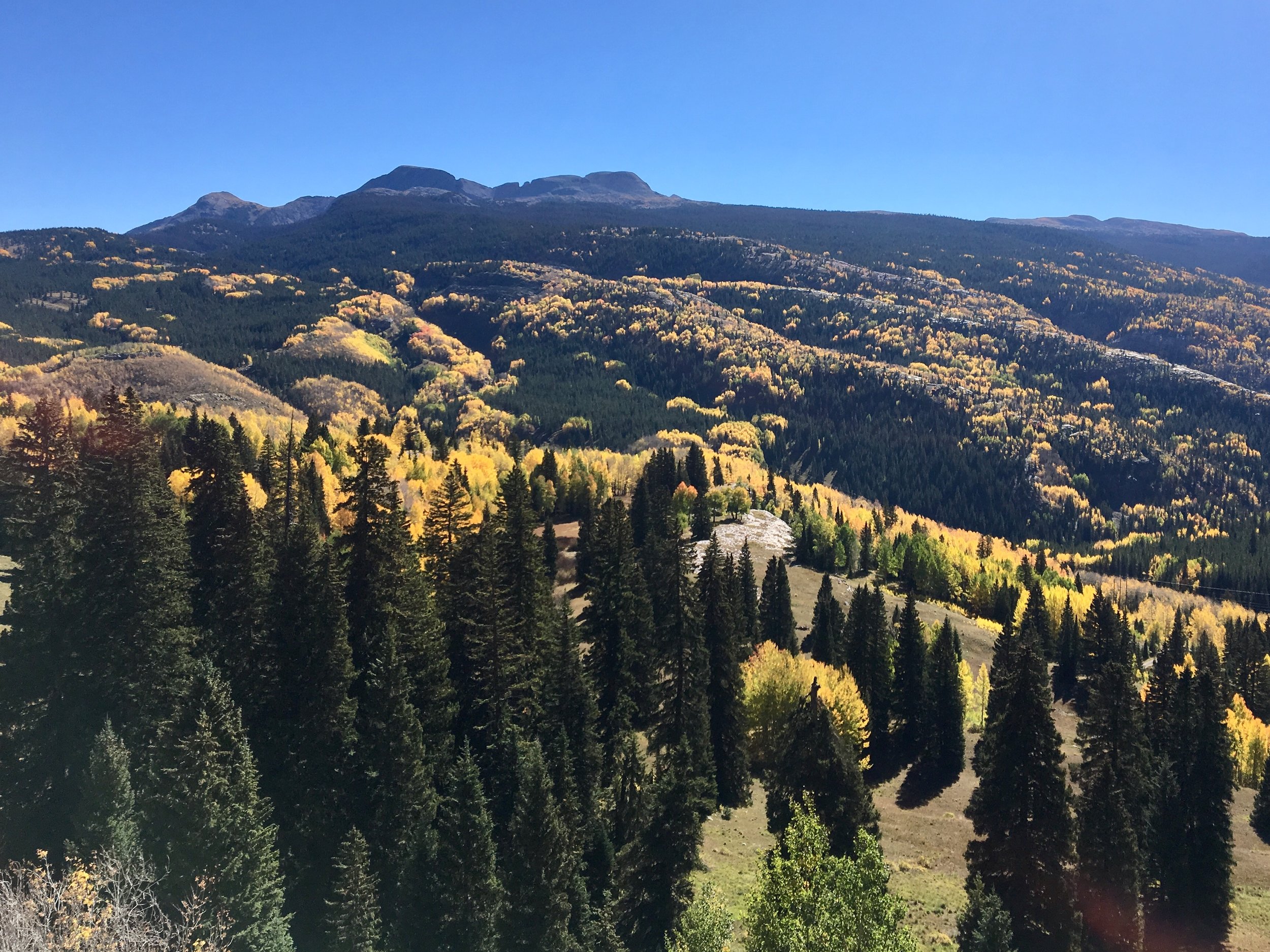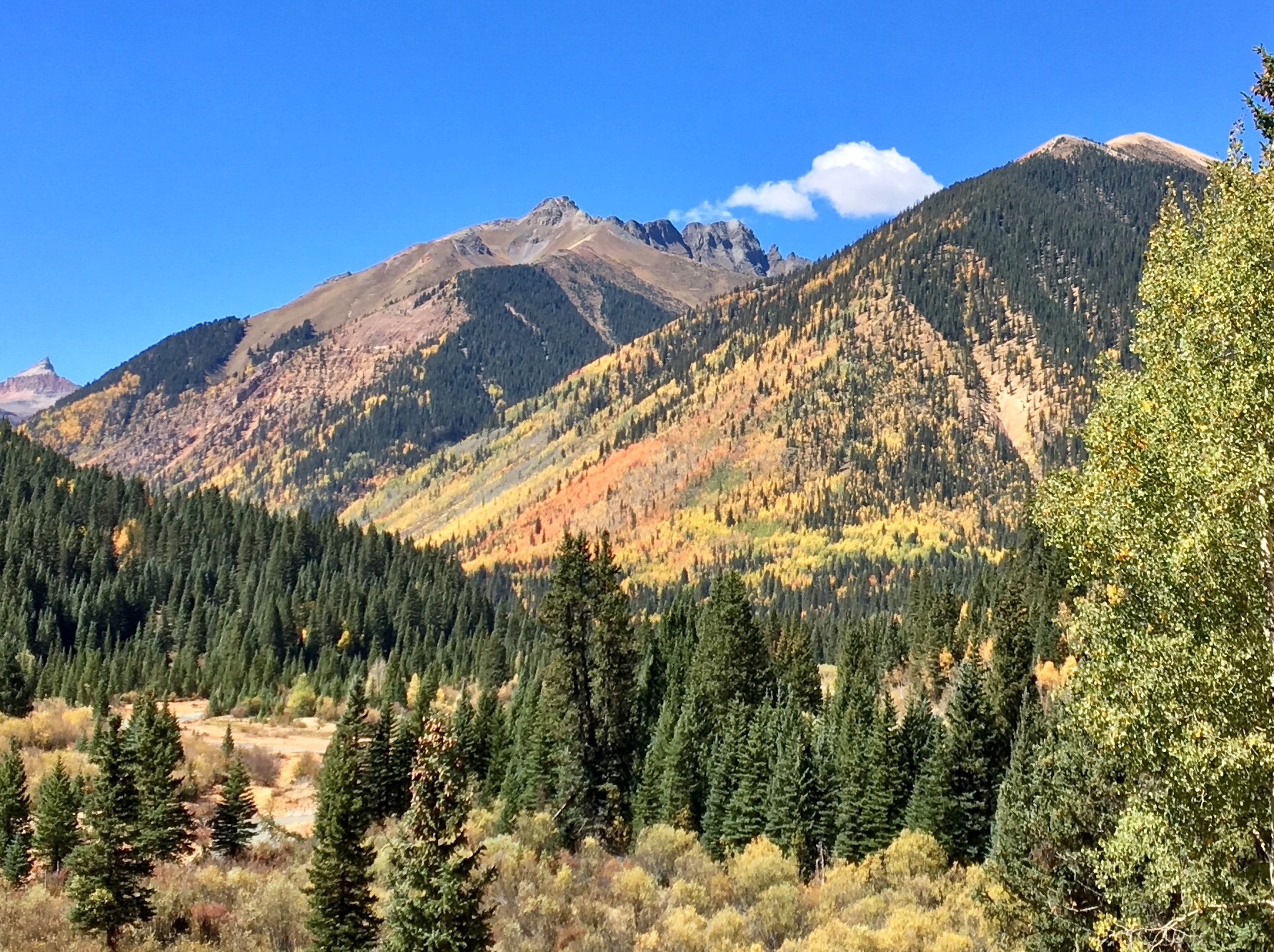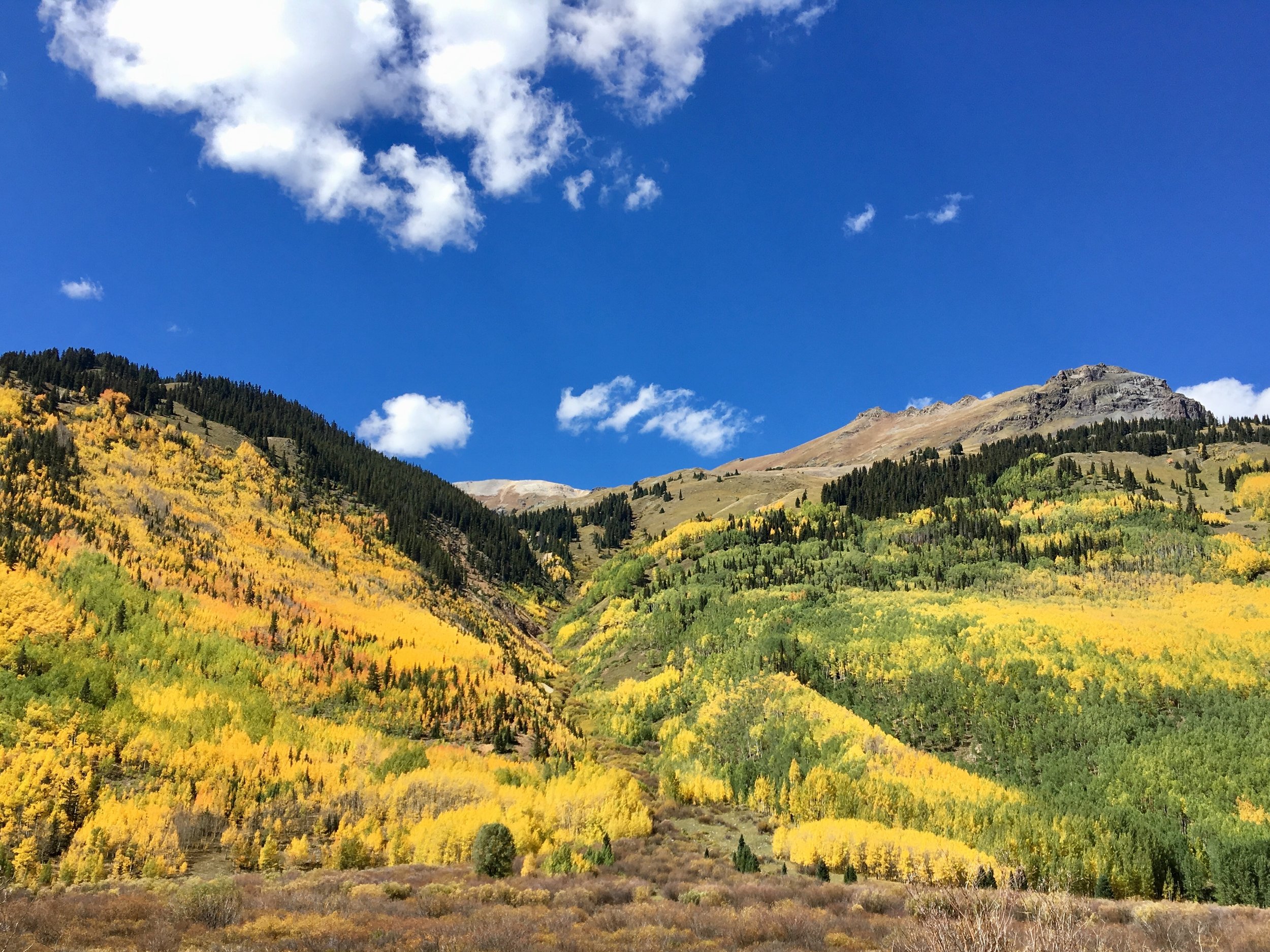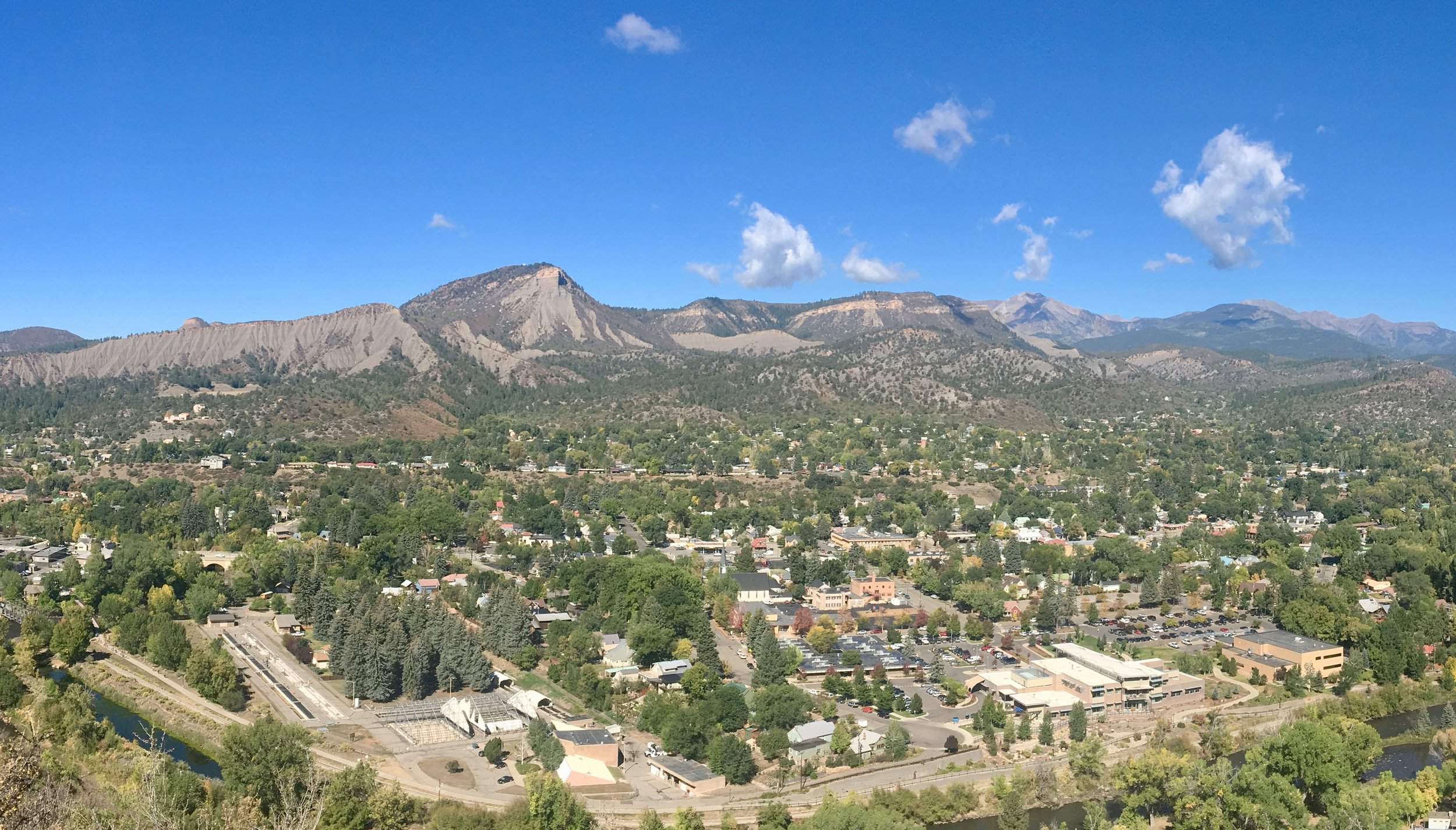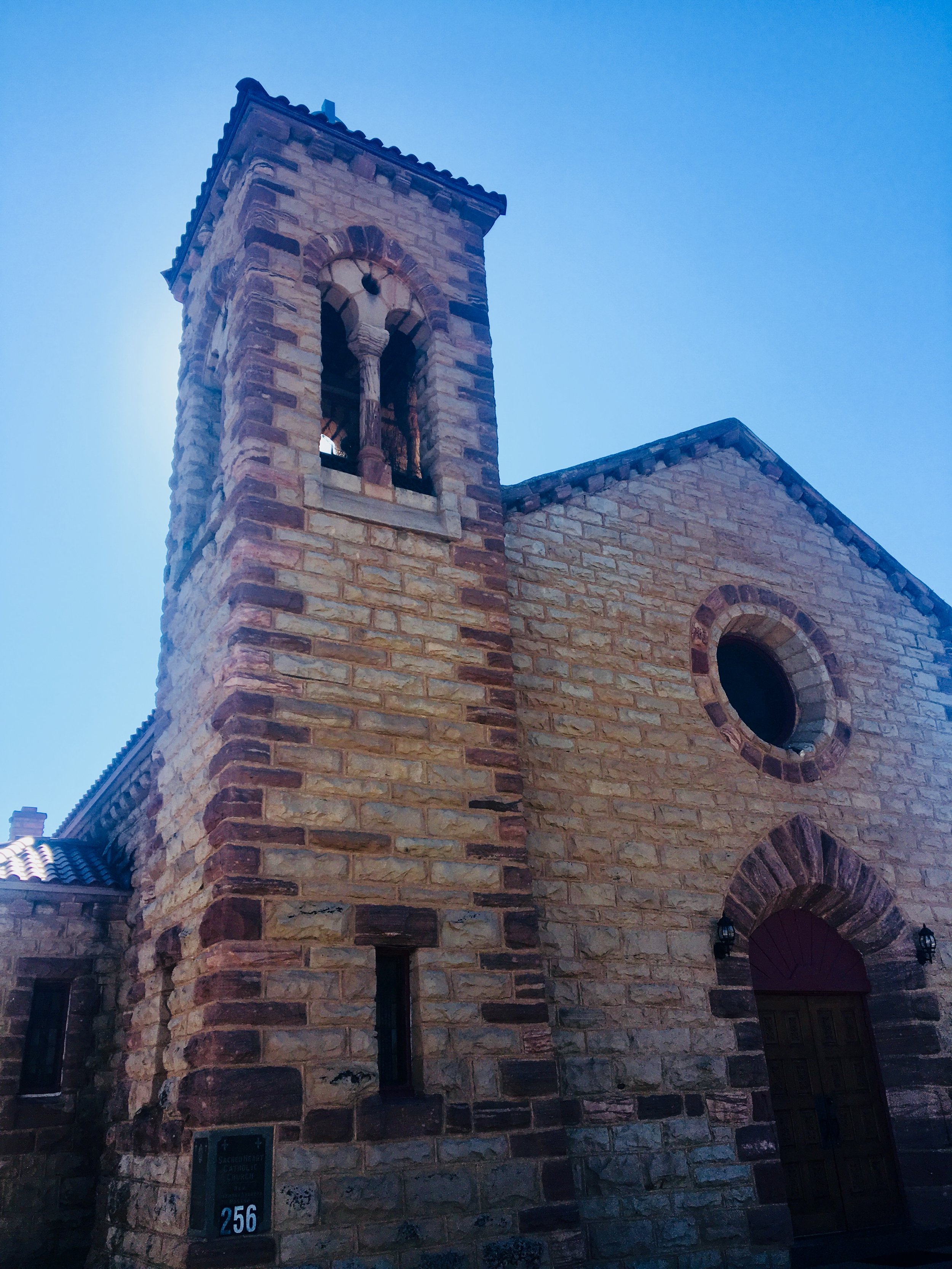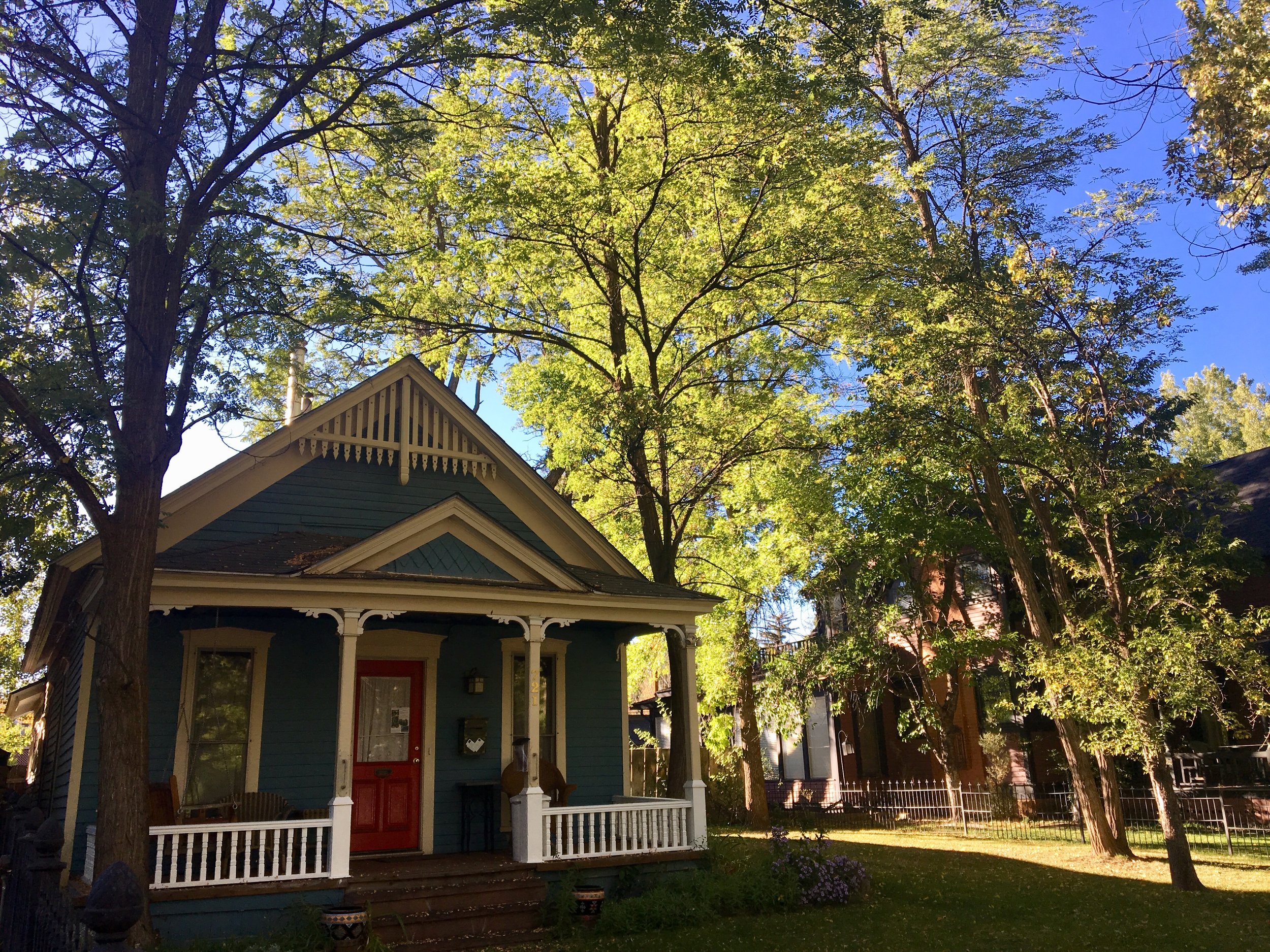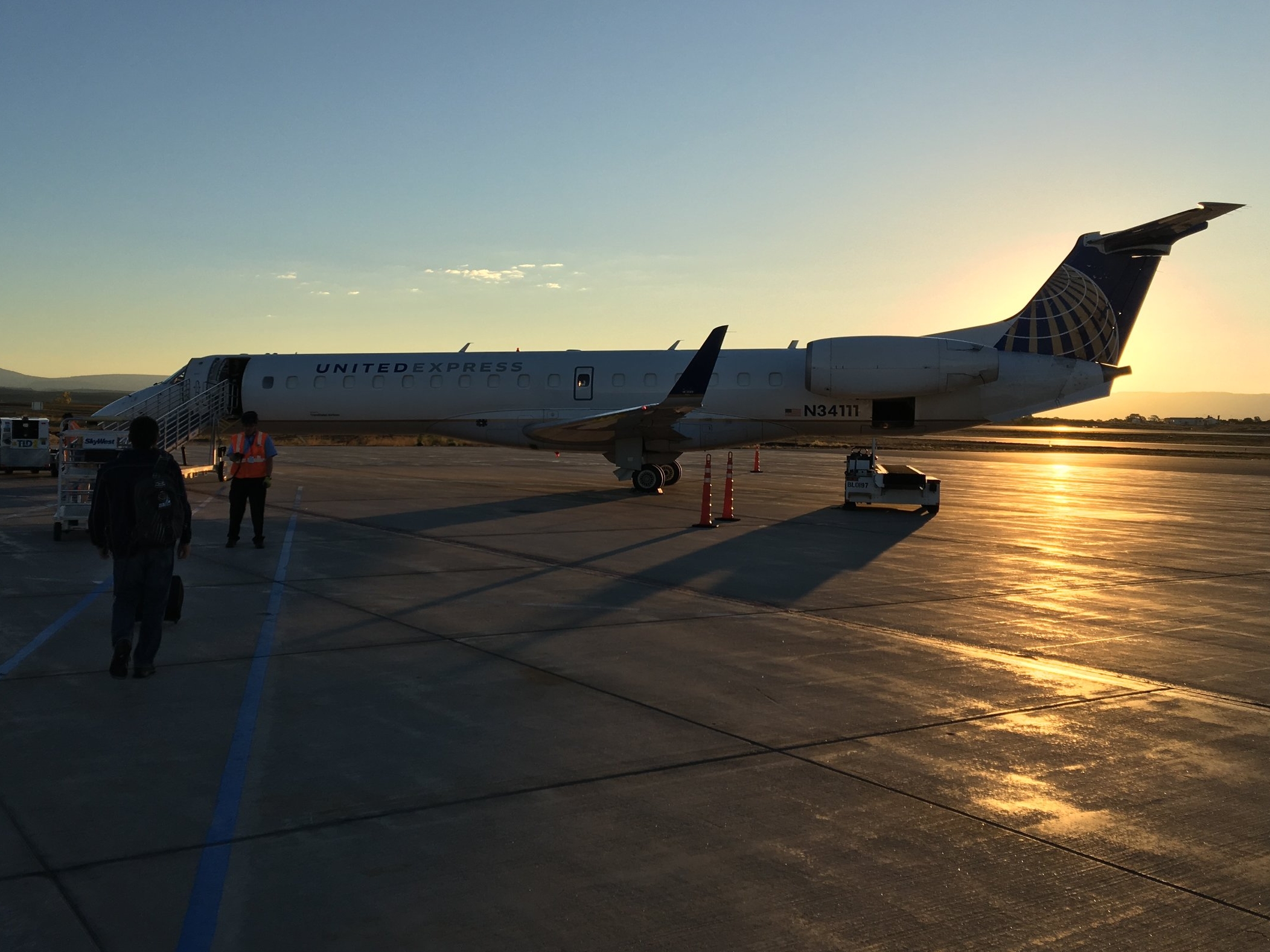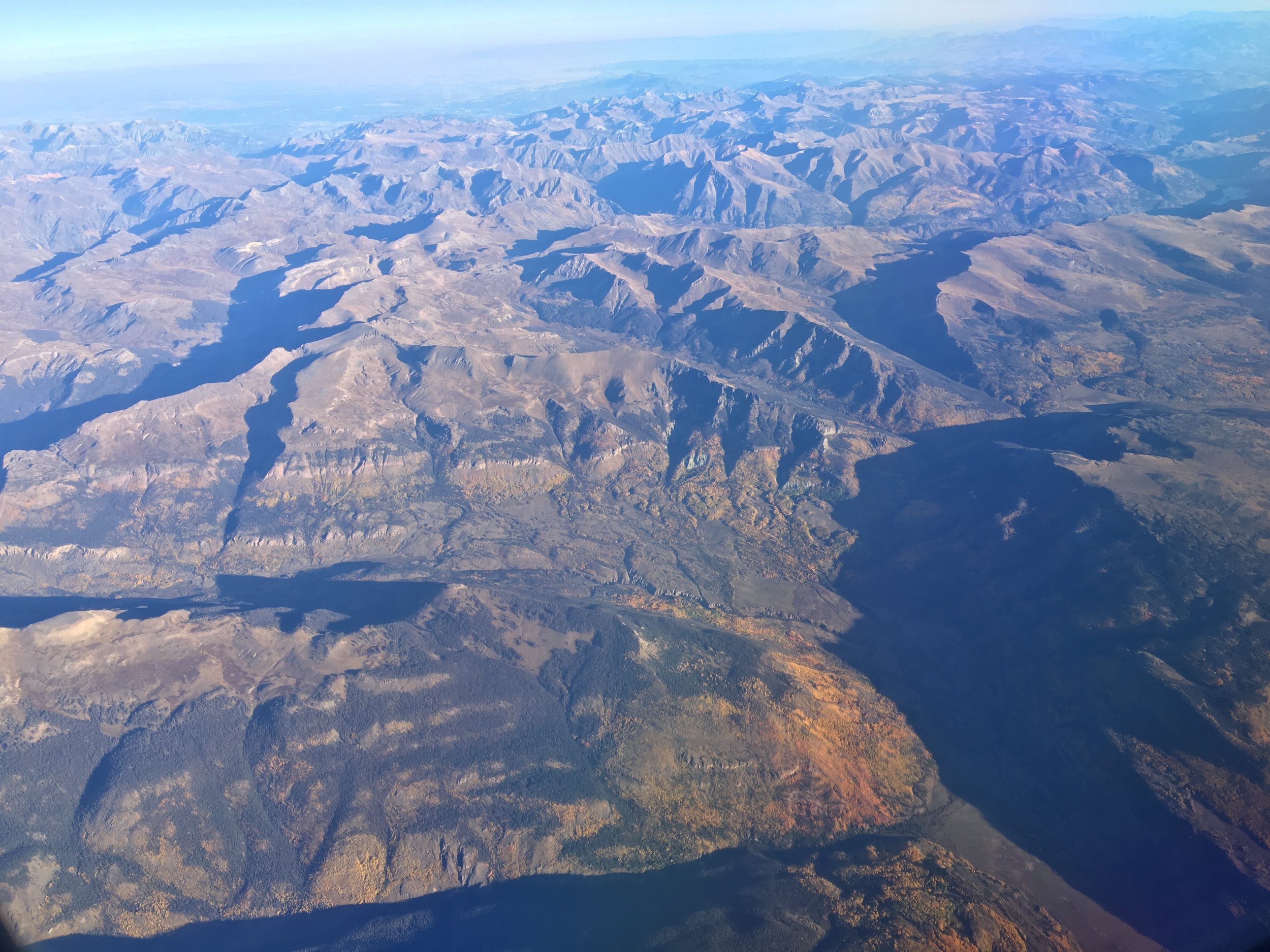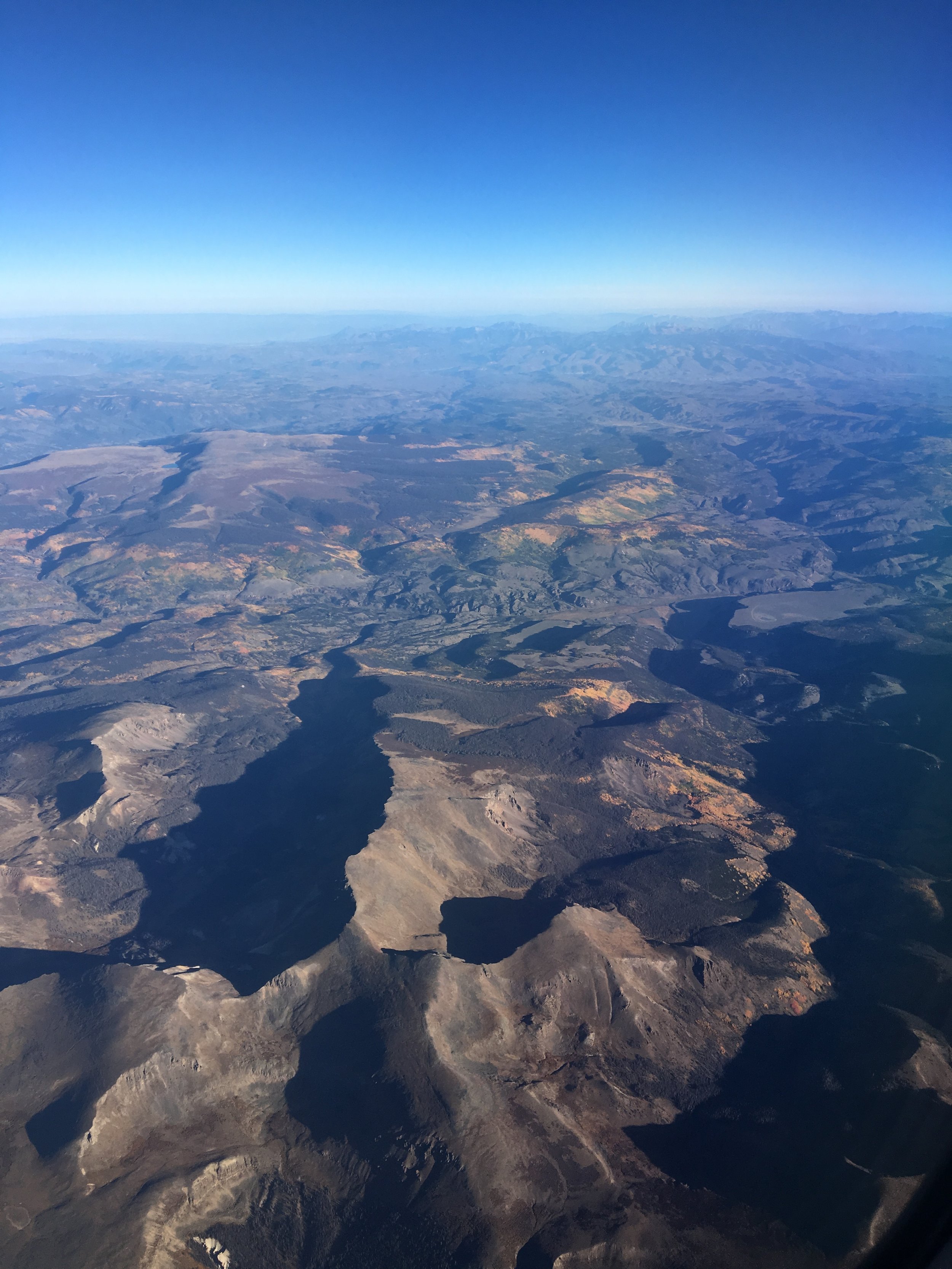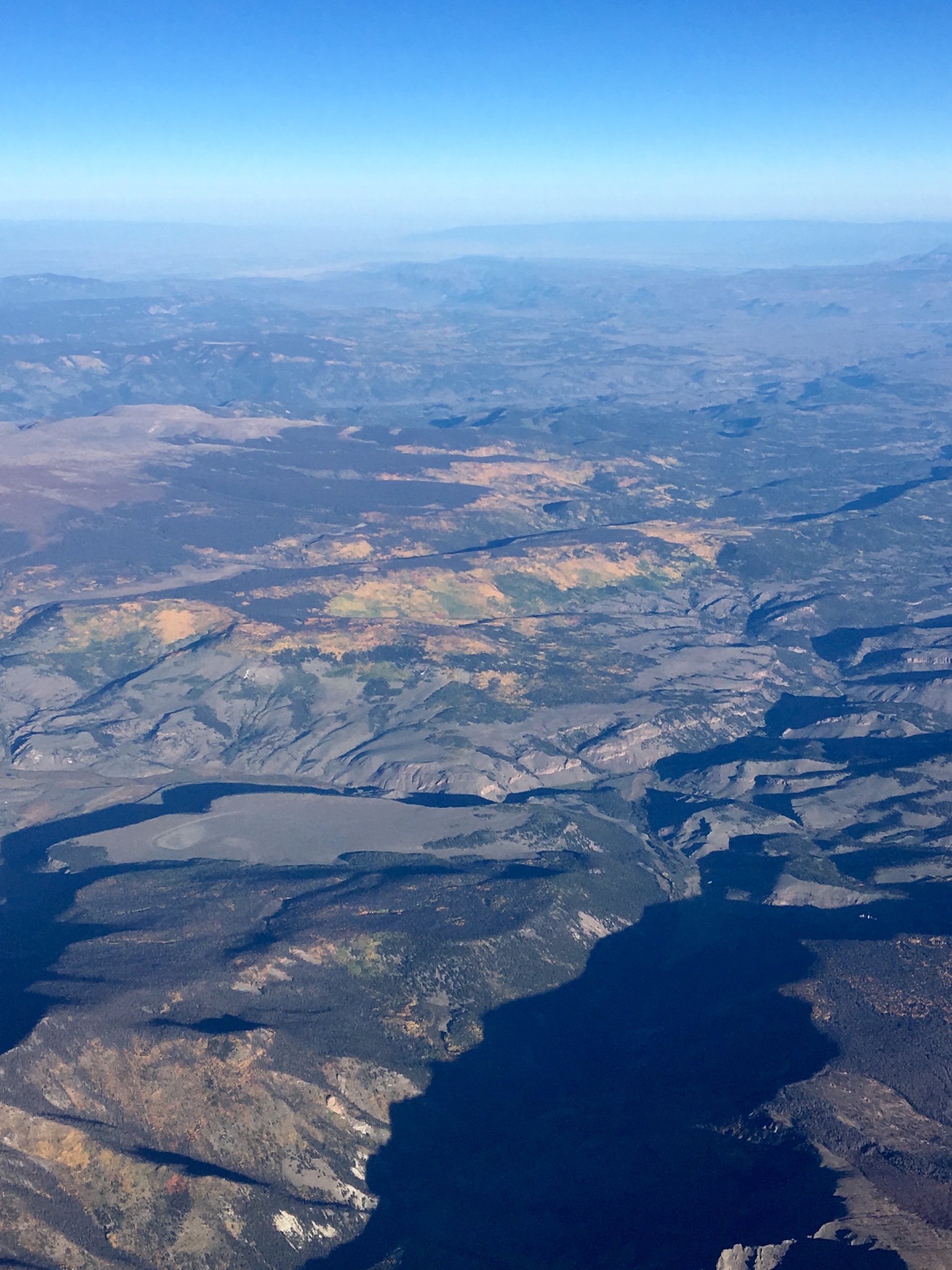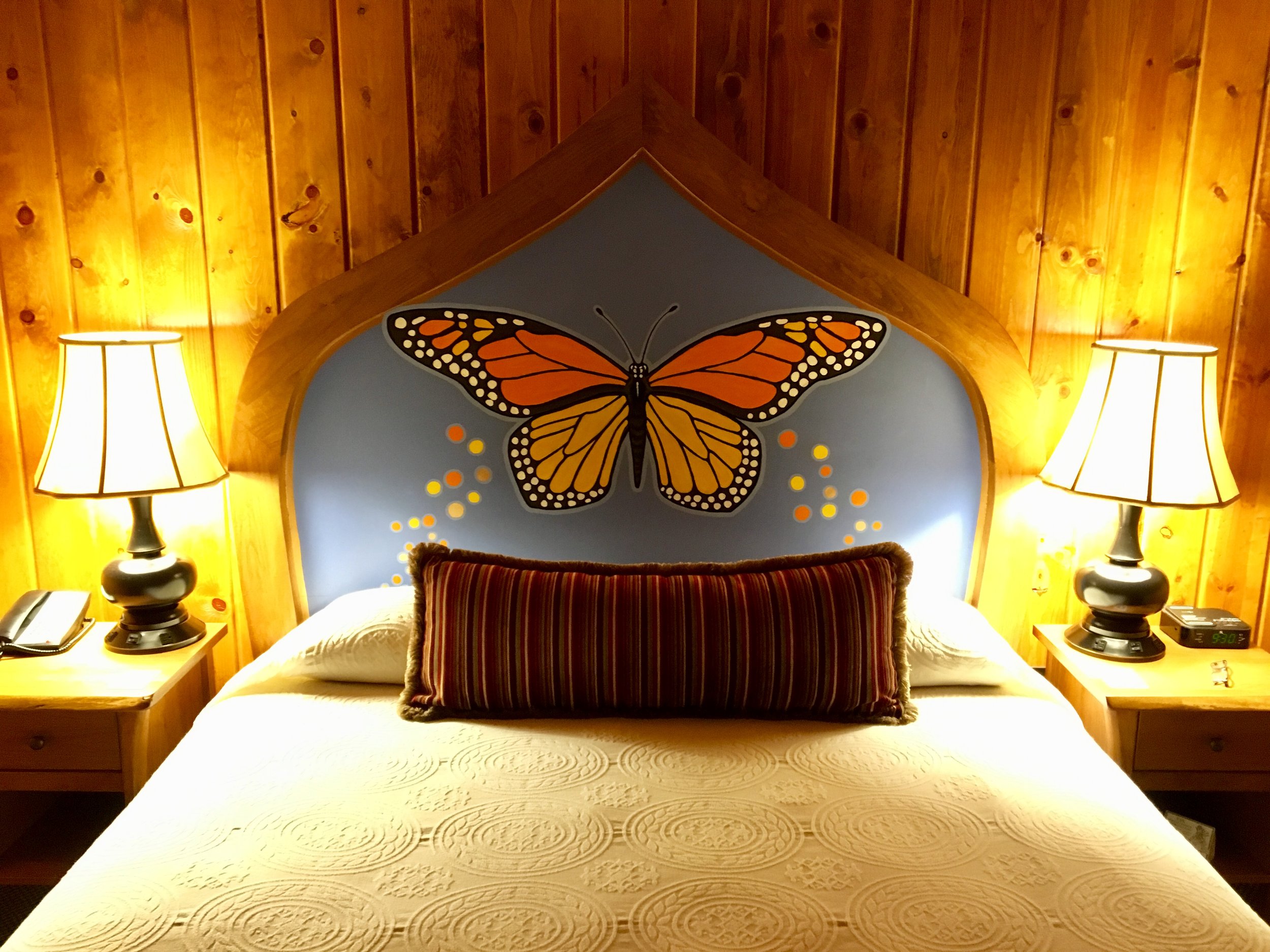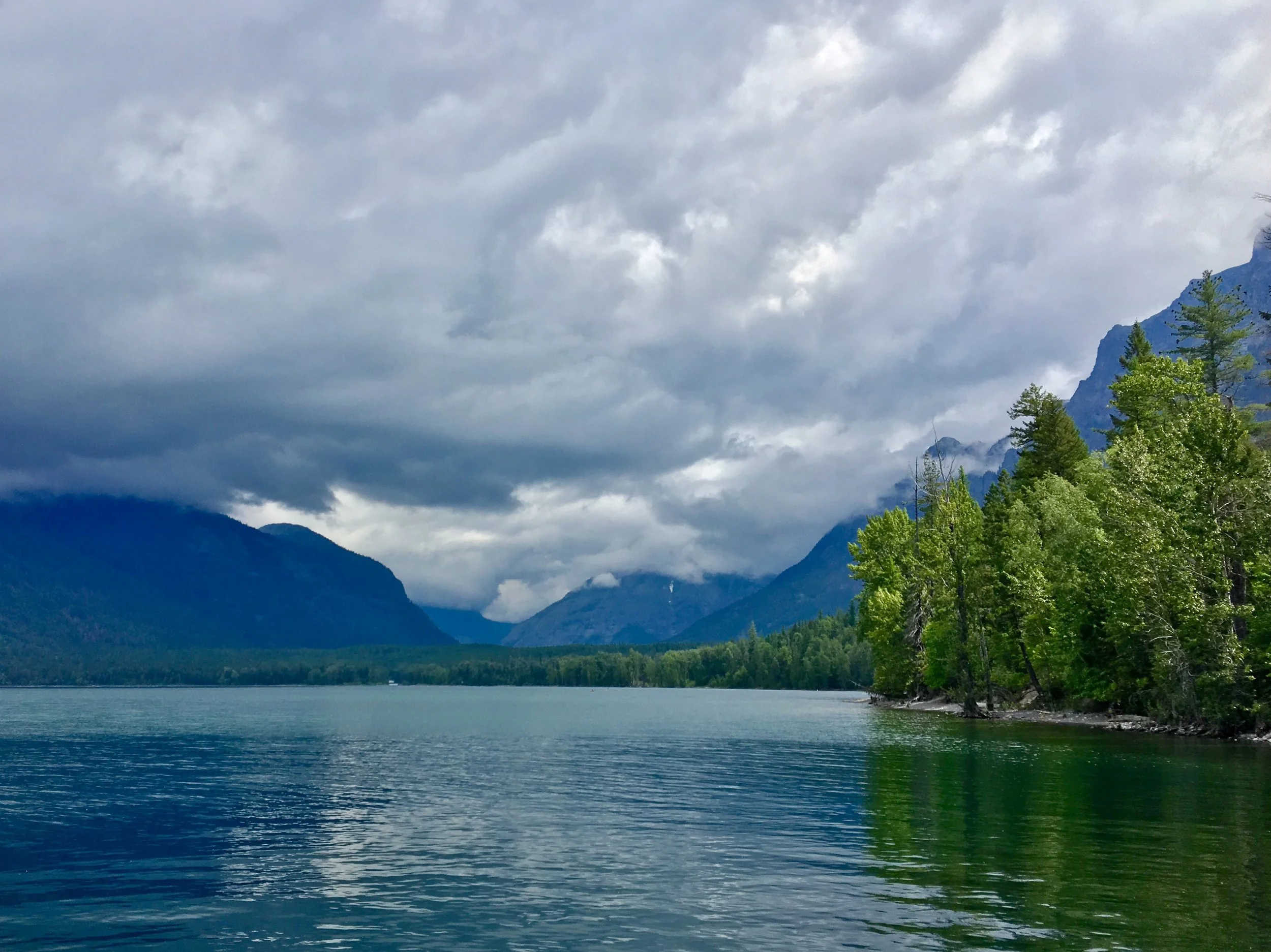When I started writing Yes Means Yes four years ago, the #MeToo and Times Up movements hadn’t been born, and college campuses were rallying around the Department of Education’s Dear Colleague letter. Since then, relationships between men and women are changing in many positive ways, but also by a growing sense of unease.
For the book, I interviewed many young women who freely expressed their views on college relationships. I began to see that behavior of men and women had changed dramatically since my time in college. The hook-up culture, in which casual sex is frequent and considered a natural course of friendship among students, has become the norm in college. One woman told me she needs to try out many men before she'll find the “one.” Yet outside of these consensual encounters, some men prey upon women and use drugs and alcohol to achieve a sexual encounter. Women believed universities, fearing bad PR, were reluctant to investigate these assaults, and an application of Title IX rules to investigate campus sexual assault was launched by the Obama administration on the same day he launched his reelection campaign.
At a recent book signing, a mother wanted to know what advice she should give her son who would soon leave for college. She was concerned that he might have an encounter with a woman, who could later accuse him of assault. The cases I researched suggested that men are typically disadvantaged when trying to prove mutual consent. “What do I tell him,” she asked? I thought for a minute, then replied that she should encourage him to make sure he’s confident of the character of any partner before intimacy. Take some time. And if drugs or alcohol are involved, wait. Because if both students are intoxicated, the man is almost always found guilty because a woman can’t legally give consent.
As colleges stepped up their Title IX investigations, and a lesser standard of proof was adopted, men began to feel their rights to due process were being violated. According to one article, Harvard has 55 full and part-time Title IX coordinators, Princeton has 41. With the arrival of the #MeToo movement, men are now evaluating their past behavior in dating and in the workplace. Reports suggest they are less willing to mentor women, and for many companies, after work socialization has been canceled. I recently attended a Town Hall in Seattle where a university professor stated that dating in the workplace is over. As with most societal issues these days, the issue has become polarized.
So when I read an article by Todd Essig, 4 Ways Straight Men Are Responding To #MeToo, my views on the changing nature of relationships were confirmed. Essig, a clinical psychologist, developed four categories of strategies men employ as they evaluate their assumptions about masculinity, seduction and consent in light of #MeToo: #BeKinder, #BeBetter, #ImDone, and #ImOut. The first two are well overdue. It’s the last two that caught my eye. Are men really giving up?
Men are fearful. Several recent stories have described false accusations of sexual assault. A recent New York Times article highlights many of the due-process concerns I raised in Yes Means Yes. The article chronicles a football player at Michigan State who had, what he claims, was a consensual encounter with a student. He first faced a police investigation, then a university investigation, and neither found basis for a legal charge nor a school code infraction. After he graduated and was drafted by Houston, a third investigation by the Title IX office was initiated without his knowledge or representation, and he was found responsible for relationship violence and sexual misconduct. Houston then cut him from the team. He is now suing Michigan state.
Another recent case involved a 19 year-old female student who accused two football players of having sex against her will, then later admitted that she had lied to gain sympathy from another student she wanted to date. She is now on trial for evidence tampering.
Yes, there are widely publicized stories of men who committed egregious sexual assault too, including former Stanford swimmer Brock Turner who was criminally convicted and given a light sentence. Both sides can draw upon examples of false accusations and legitimate claims of sexual assault, and those are the typical stories we read about in the press. But what about the quiet middle. Is there a fundamental change in how men and women establish and engage in romantic relationships?
In conversations with my male friends, a palpable uncertainty comes out. One told of a recent second date with a woman. They enjoyed a bottle of wine on his deck, and as he was saying goodbye, he stared into her eyes and decided to kiss her. As he leaned in, her lips met his and they enjoyed a lingering kiss. We they were finished, he said, “Before I kissed you, I was thinking I should have first asked your permission because of all the talk about consent.”
She smiled and responded, “I’m glad you didn’t. That would be weird.”
So might men be confused as well as fearful? And how will this play out? Will men shy away from dating women as too risky? Will the marriage rate continue to decline? Or, as I hope, will the possibility of a stable, compatible, and shared commitment of marriage become even more attractive? Change happens slowly, but it will be interesting to watch.
